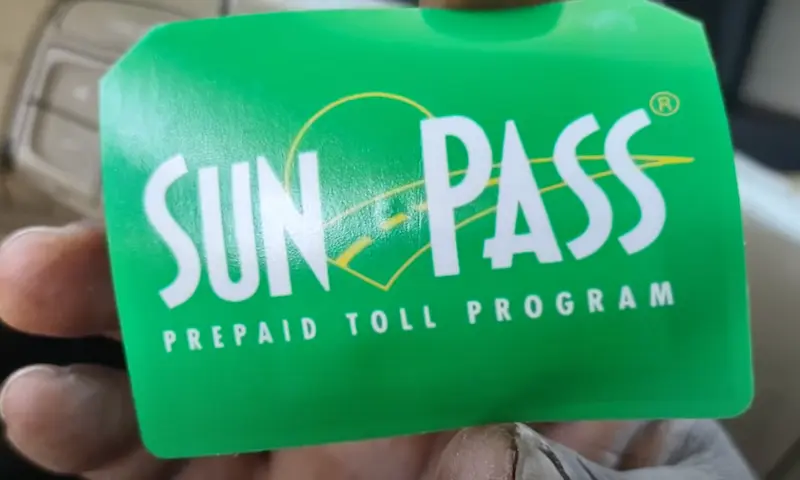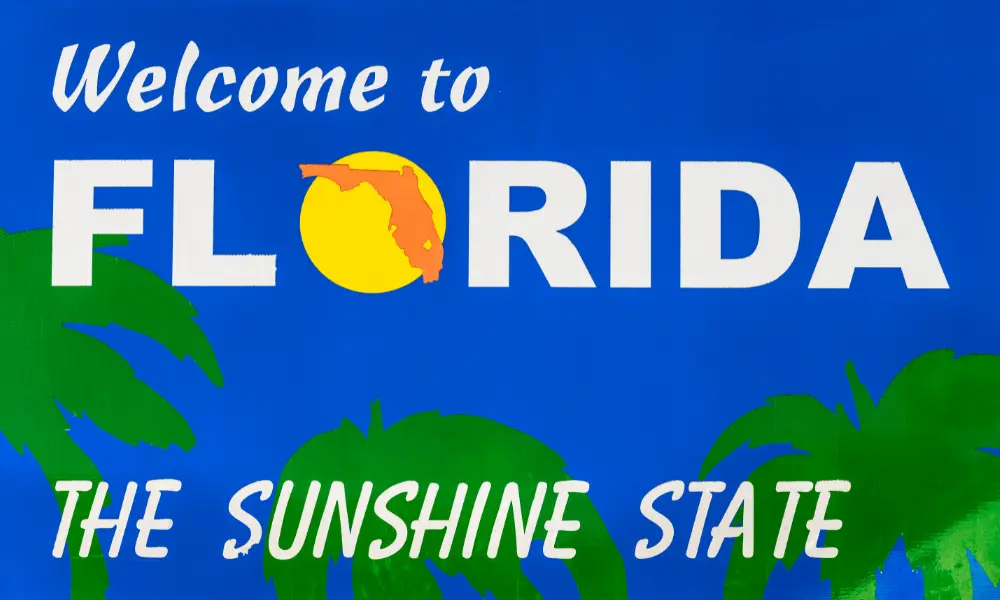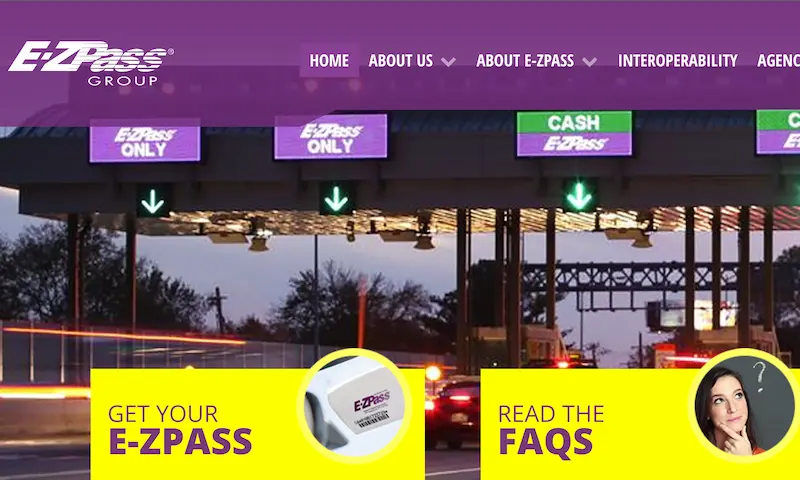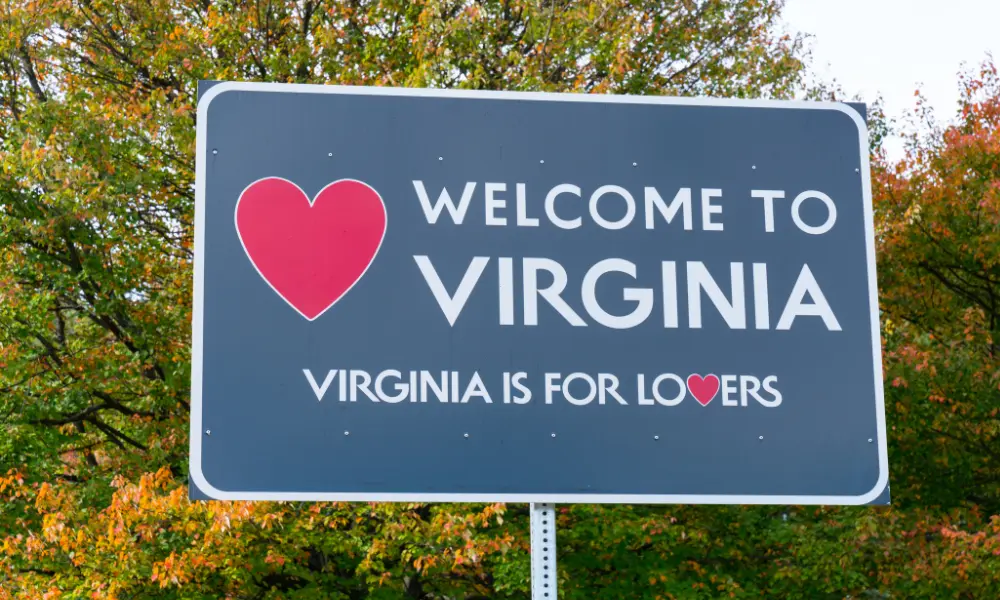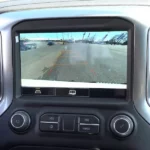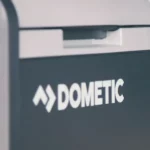Ever received a text message claiming to be from NC Quick Pass and wondered if it’s legitimate? With toll-related scams on the rise in North Carolina, it’s crucial to know how the official NC Quick Pass system actually communicates with customers.
How NC Quick Pass Uses Text Messaging
NC Quick Pass does send official text messages, but only under specific circumstances and through verifiable channels. If you’ve opted into their SMS notification service, you’ll receive text messages exclusively from the short code 696277.
These legitimate text alerts typically include:
- Low balance warnings for your account
- Payment confirmations after you’ve added funds
- Notifications about recent toll transactions
- Account status updates
What makes these messages different from scams is their purely informational nature. Official NC Quick Pass texts never request payment, contain threatening language, or pressure you to click suspicious links.
The Opt-In Process for NC Quick Pass Texts
NC Quick Pass operates on a consent-based messaging system. This means you’ll only receive texts if you’ve specifically signed up for them through your account.
The opt-in process works like this:
- Log into your NC Quick Pass account
- Navigate to your communication preferences
- Select the option for SMS/text alerts
- Verify your mobile number
- Confirm your consent to receive messages
You can easily opt out at any time by replying “STOP” to 696277, and the system will send a confirmation that you’ve been unsubscribed from future alerts.
What Official NC Quick Pass Texts Never Contain
Understanding what legitimate messages never include is your best defense against scammers. Official NC Quick Pass texts will never:
- Demand immediate payment for unpaid tolls
- Threaten legal action or license suspension
- Request personal information or account credentials
- Contain links to websites other than ncquickpass.com or secure.ncquickpass.com
- Come from regular phone numbers (instead of the 696277 short code)
If you receive messages with these red flags, you’re likely dealing with a scam attempt, not official communication.
The Rise of NC Quick Pass Text Scams
Since early 2024, North Carolina has experienced a significant surge in fraudulent text messages impersonating NC Quick Pass. These sophisticated scams have targeted thousands of residents, attempting to steal personal and financial information.
The scam texts typically share these characteristics:
- They come from standard phone numbers or international codes
- They create false urgency about unpaid tolls or violations
- They include threatening language about penalties or legal consequences
- They contain suspicious links to fake payment portals
- They request credit card details, Social Security numbers, or other sensitive data
According to alerts from the North Carolina Turnpike Authority and state Attorney General Jeff Jackson, these scams are often orchestrated by organized criminal networks, with operations traced initially to Canada before expanding throughout the U.S.
How to Identify Legitimate vs. Fraudulent NC Quick Pass Texts
Use this quick checklist to verify if a text is actually from NC Quick Pass:
| Legitimate NC Quick Pass Texts | Fraudulent NC Quick Pass Texts |
|---|---|
| Always sent from short code 696277 | Sent from regular phone numbers |
| Purely informational in nature | Demand urgent payment or action |
| No payment requests via text | Ask you to pay tolls immediately |
| Links only to official ncquickpass.com domains | Links to suspicious lookalike domains |
| No threats or legal language | Threatens fines, legal action, or suspension |
| Addresses you as an account holder | Often uses generic greetings |
When in doubt, ignore the text and check your account directly through the official website or customer service line.
How NC Quick Pass Actually Handles Unpaid Tolls
It’s important to understand how NC Quick Pass legitimately processes unpaid tolls, as this knowledge helps you spot scams immediately.
The official procedures for unpaid tolls include:
- Automatic charges to your registered payment method (if you have an account)
- Mailed invoices with clear payment instructions (for non-account holders)
- Online account notifications visible when you log in
- Potential referral to collection agencies for long-overdue amounts
At no point does the official NC Quick Pass system initiate collection efforts via text message with urgent payment links.
What To Do If You Receive a Suspicious NC Quick Pass Text
If you’ve received a text message claiming to be from NC Quick Pass that seems suspicious, take these steps:
- Don’t click any links in the message
- Don’t reply to the message
- Screenshot the text for documentation
- Report the scam to ic3.gov, the FBI’s Internet Crime Complaint Center
- Check your actual NC Quick Pass account directly through the official website
- Delete the fraudulent message
Reporting these scams helps authorities track and shut down the criminal operations behind them.
Protecting Your NC Quick Pass Account
Beyond recognizing scams, you can take proactive steps to secure your NC Quick Pass account:
- Enable two-factor authentication if available
- Create a strong, unique password for your account
- Regularly review your transaction history for unauthorized charges
- Update your contact information to ensure you receive legitimate communications
- Never share account details or login credentials over the phone or via text
These security measures create additional barriers against unauthorized account access.
How NC Quick Pass Is Fighting Text Scams
The North Carolina Department of Transportation and NC Quick Pass have implemented several measures to combat the rising tide of text messaging scams:
- Public education campaigns about identifying fraudulent messages
- Social media advisories with examples of current scam templates
- Website resources showing comparisons between legitimate and fraudulent communications
- Collaboration with law enforcement to investigate and prosecute scammers
- Implementation of Domain-based Message Authentication (DMARC) to prevent email spoofing
These initiatives aim to reduce successful scams by increasing public awareness and improving security protocols.
Real Examples of NC Quick Pass Text Scams
To help you recognize scams, here are patterns from real fraud attempts reported in North Carolina:
“NC Quick Pass: You have an unpaid toll of $57.90. Pay now to avoid additional fees: [suspicious link]”
“FINAL NOTICE: Your NC QuickPass account has been flagged for non-payment. Legal action pending. Resolve now: [suspicious link]”
“NC Tolls Alert: License suspension imminent due to unpaid tolls. Prevent suspension by paying here: [suspicious link]”
These examples show the common pressure tactics and threatening language that legitimate NC Quick Pass communications would never use.
Checking Your Actual NC Quick Pass Balance and Transactions
The safest way to verify any information about your NC Quick Pass account is to:
- Go directly to ncquickpass.com by typing the URL in your browser
- Log in with your credentials
- Check your current balance and recent transactions
- Review any legitimate notifications in your account dashboard
This direct approach ensures you’re accessing accurate information through secure channels instead of relying on potentially fraudulent messages.
The Technology Behind NC Quick Pass Text Security
NC Quick Pass employs several technical safeguards to protect their text messaging system:
- Exclusive use of the dedicated short code 696277 for all SMS communications
- Implementation of carrier-level spam prevention
- Machine learning algorithms that detect unusual account activity
- Secure encryption for all customer data
- Regular security audits of their communication systems
Despite these measures, user vigilance remains essential in preventing successful scams.
Why Toll Systems Are Targeted by Scammers
Toll collection systems like NC Quick Pass make attractive targets for scammers for several reasons:
- Most drivers have some experience with tolls, making messages seem plausible
- Many people don’t fully understand how electronic tolling works
- Toll violations carry real consequences, creating fear that scammers exploit
- The frequent use of electronic communication for legitimate toll business creates cover for fraudulent messages
- The systems process millions of transactions, making it seem reasonable that one might be missed
Understanding these vulnerabilities helps explain why these scams are so prevalent and sometimes successful.
The Impact of Toll Scams on North Carolina Residents
The toll scam epidemic has had significant consequences across North Carolina:
- Thousands of residents have reported fraudulent text attempts
- Many victims have had personal and financial information compromised
- The NC Quick Pass customer service system has been overwhelmed with verification requests
- Public trust in electronic communications has been eroded
- Law enforcement resources have been diverted to investigating these widespread scams
These impacts highlight why it’s crucial for all NC Quick Pass users to understand how to identify and report fraudulent communications.
Official Resources for NC Quick Pass Customers
For trusted information about NC Quick Pass, rely on these official sources:
- NC Quick Pass Official Website
- NC Quick Pass Identify a Scam Resource
- NC Quick Pass SMS Disclosure Page
- North Carolina Attorney General’s Consumer Protection Division
These resources provide up-to-date information about legitimate communication practices and current scam alerts.
How Text Scams Have Evolved Over Time
The tactics used in NC Quick Pass text scams have become increasingly sophisticated:
- Early scams used generic toll-related language
- More recent attempts include personal details scraped from social media
- Some scammers now use previous travel data to make messages seem authentic
- Advanced spoofing technology makes fake messages appear to come from official sources
- Multi-channel attacks combine texts, emails, and even phone calls for greater legitimacy
This evolution underscores the need for constant vigilance and updated security practices.





